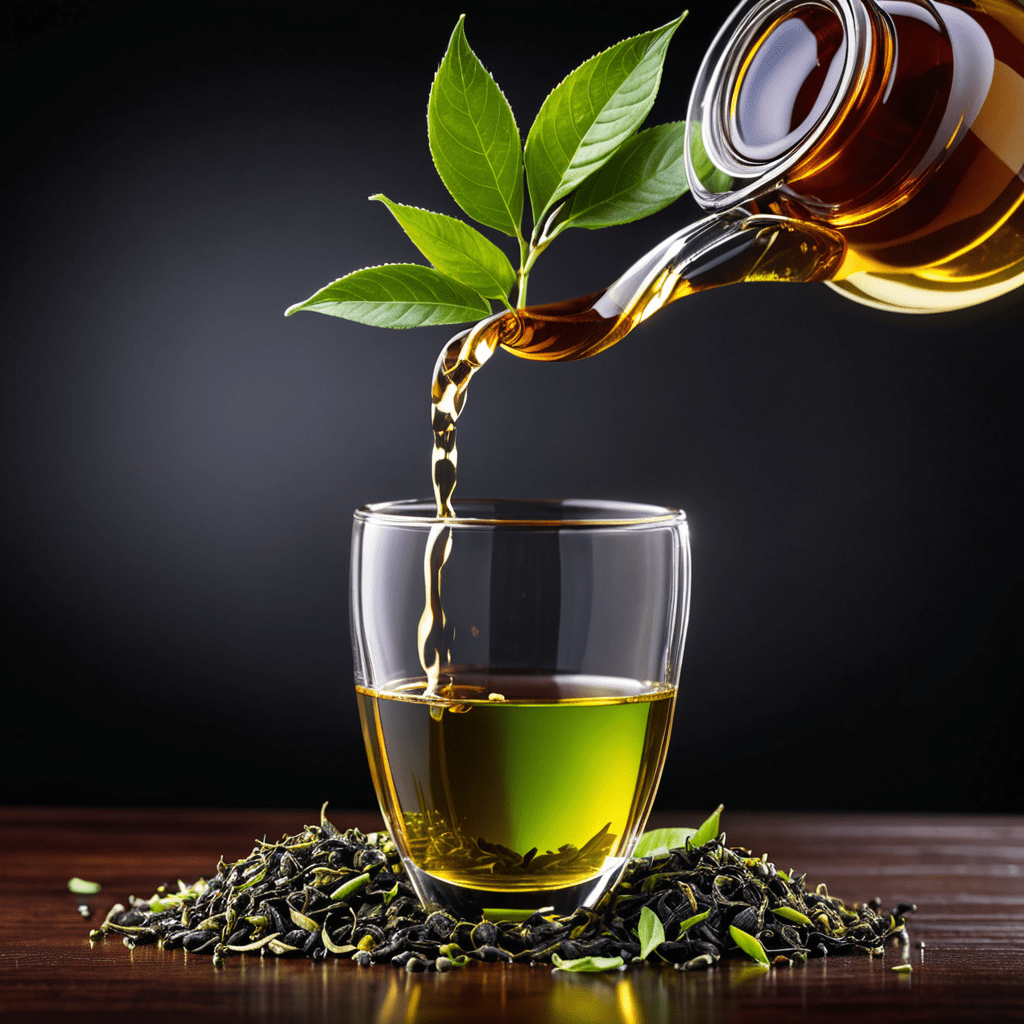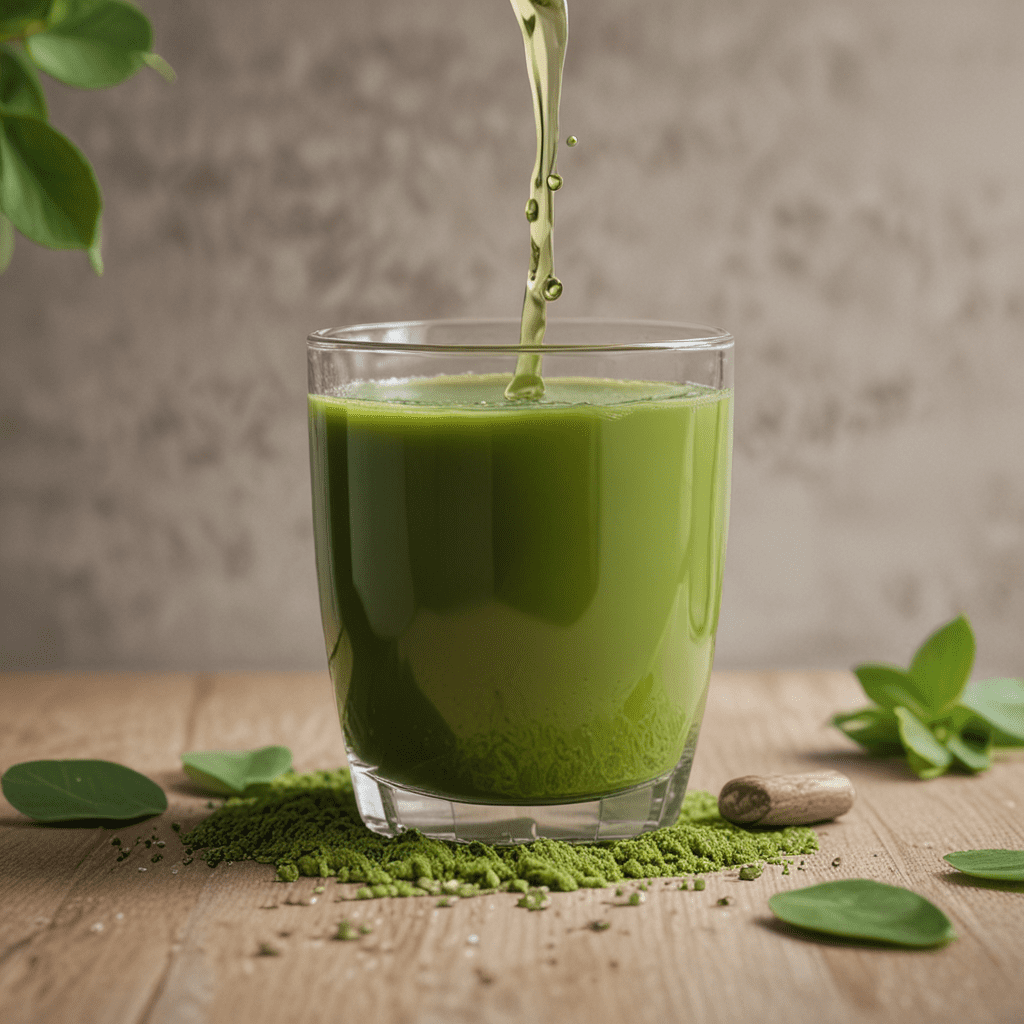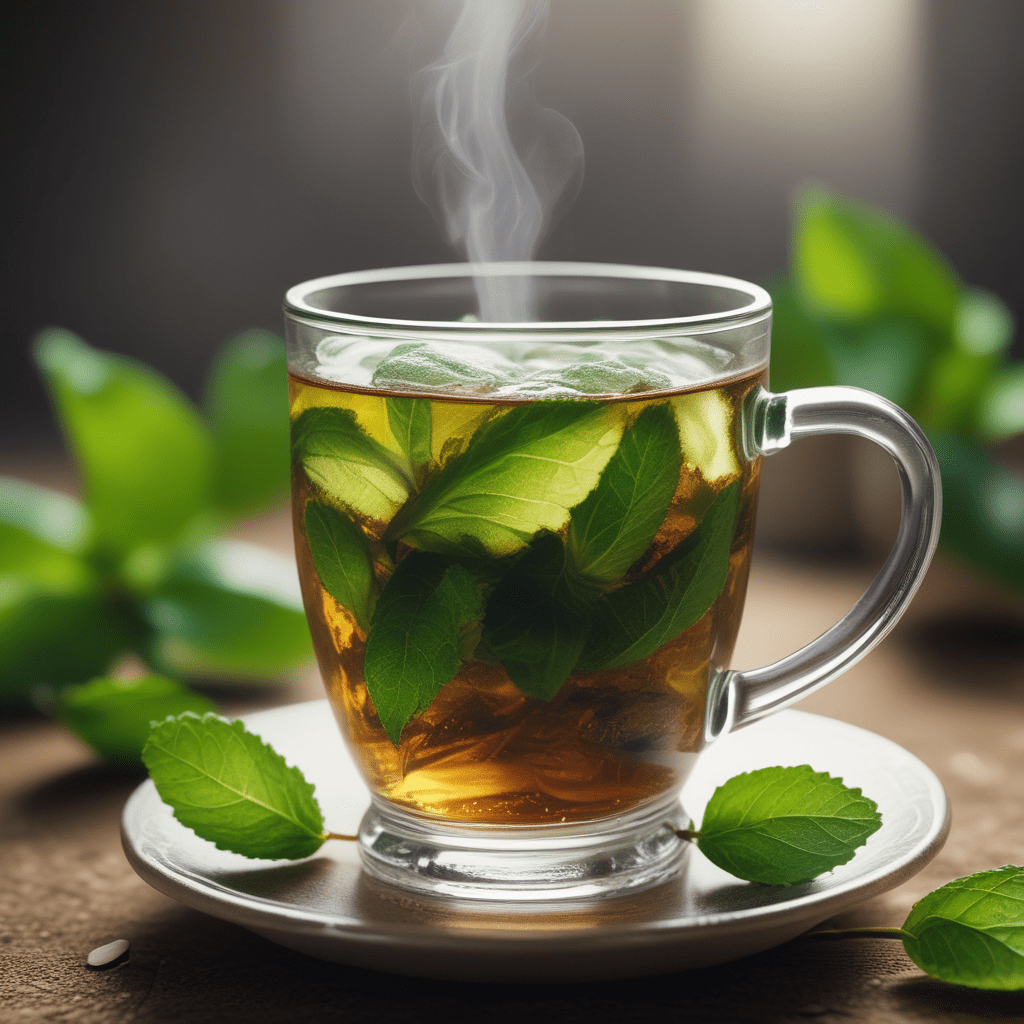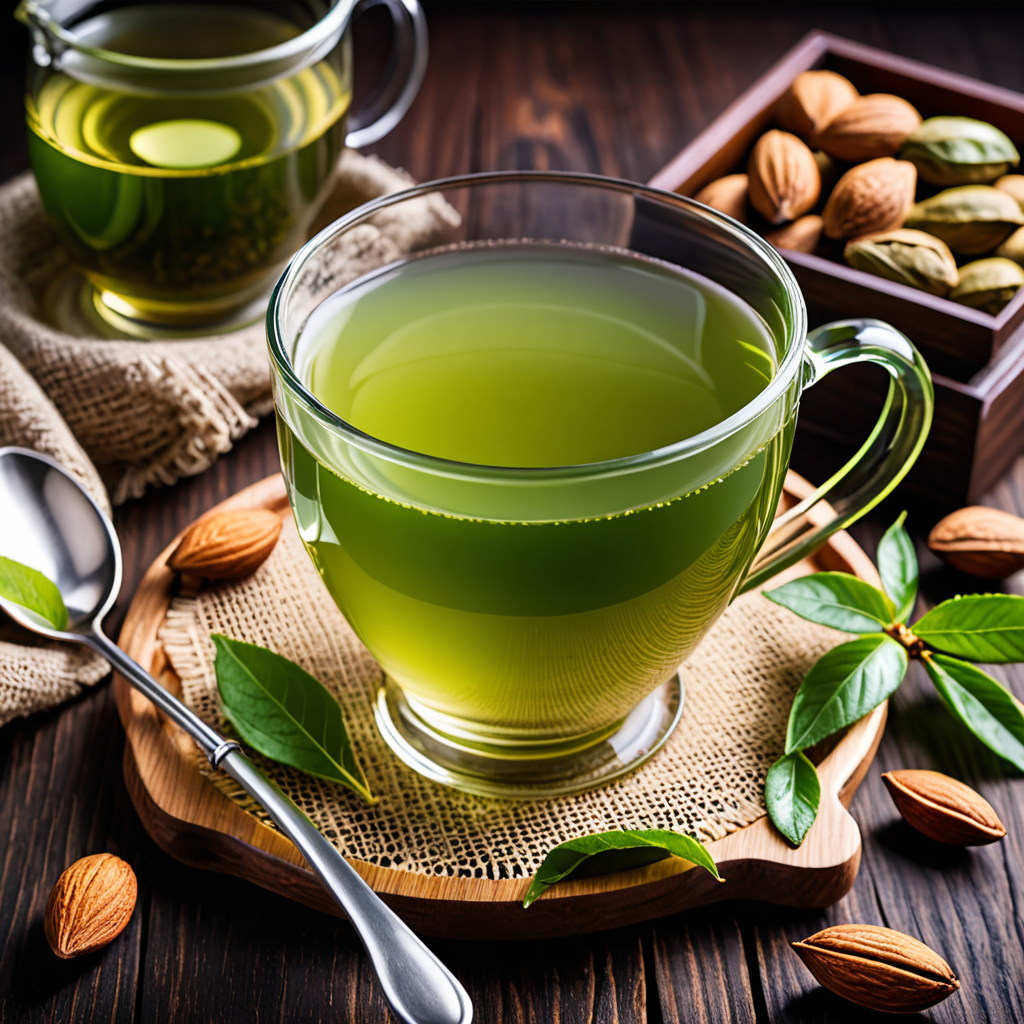
Green Tea Caffeine vs Black Tea: Uncovering the Surprising Truth
The Basics of Green Tea and Black Tea
Green tea and black tea are two of the most popular types of teas worldwide. Green tea, known for its delicate flavor and numerous health benefits, is made from the leaves of the Camellia sinensis plant, which are not oxidized. On the other hand, black tea, with its robust flavor and deep color, is made from fully oxidized Camellia sinensis leaves. Both types of tea offer unique taste profiles and potential health advantages.
Caffeine Content in Green Tea and Black Tea
Many tea drinkers are curious about the caffeine content in their favorite beverage. When comparing green tea and black tea, it’s commonly believed that black tea contains more caffeine than green tea. However, the reality is a bit more nuanced.
Green Tea Caffeine
Green tea typically contains less caffeine than black tea. The caffeine content can vary based on factors such as the variety of the tea plant, growing conditions, and processing methods. On average, a cup of green tea contains around 20-45 milligrams of caffeine.
Black Tea Caffeine
Black tea generally has a higher caffeine content than green tea. Depending on the specific factors mentioned earlier, a cup of black tea may contain between 40-70 milligrams of caffeine.
The Impact of Caffeine in Green Tea and Black Tea
Caffeine in tea, regardless of the type, can positively affect mental alertness and provide an energy boost. However, the L-theanine present in tea leaves can help moderate the impact of caffeine, resulting in a more balanced and less jittery stimulation.
Health Benefits of Green Tea and Black Tea
Both green tea and black tea offer various health benefits. Green tea is commonly lauded for its rich antioxidant content, potential weight management support, and heart health properties. On the other hand, black tea is linked to improved gut health, reduced risk of stroke, and better cholesterol levels.
The Final Verdict: Which Tea Contains More Caffeine?
In conclusion, while black tea generally contains more caffeine than green tea, the difference is not as drastic as commonly perceived. Factors such as brewing time, water temperature, and the specific tea leaves used can all influence the actual caffeine content in a cup of tea. It’s important to recognize that individual responses to caffeine can also vary, so it’s advisable to pay attention to personal tolerance levels.
Understanding Your Tea Preferences
Ultimately, the choice between green tea and black tea should be based on personal taste, desired caffeine intake, and potential health benefits. Whether you prefer the subtle elegance of green tea or the robust flavor of black tea, both options offer a delightful and beneficial beverage experience.
Frequently Asked Questions (FAQ)
1. Does all green tea contain less caffeine than black tea?
No, the caffeine content in tea can vary based on multiple factors, and there are instances where certain green teas may contain more caffeine than specific black teas.
2. How do I reduce the caffeine content in my tea?
To lower the caffeine content in your tea, you can opt for shorter brewing times, use cooler water temperatures, or choose decaffeinated tea options.
3. Can caffeine in tea cause adverse effects?
Excessive consumption of caffeine can lead to side effects such as insomnia, anxiety, and digestive issues. It’s advisable to moderate your overall caffeine intake and be mindful of your body’s response to it.


